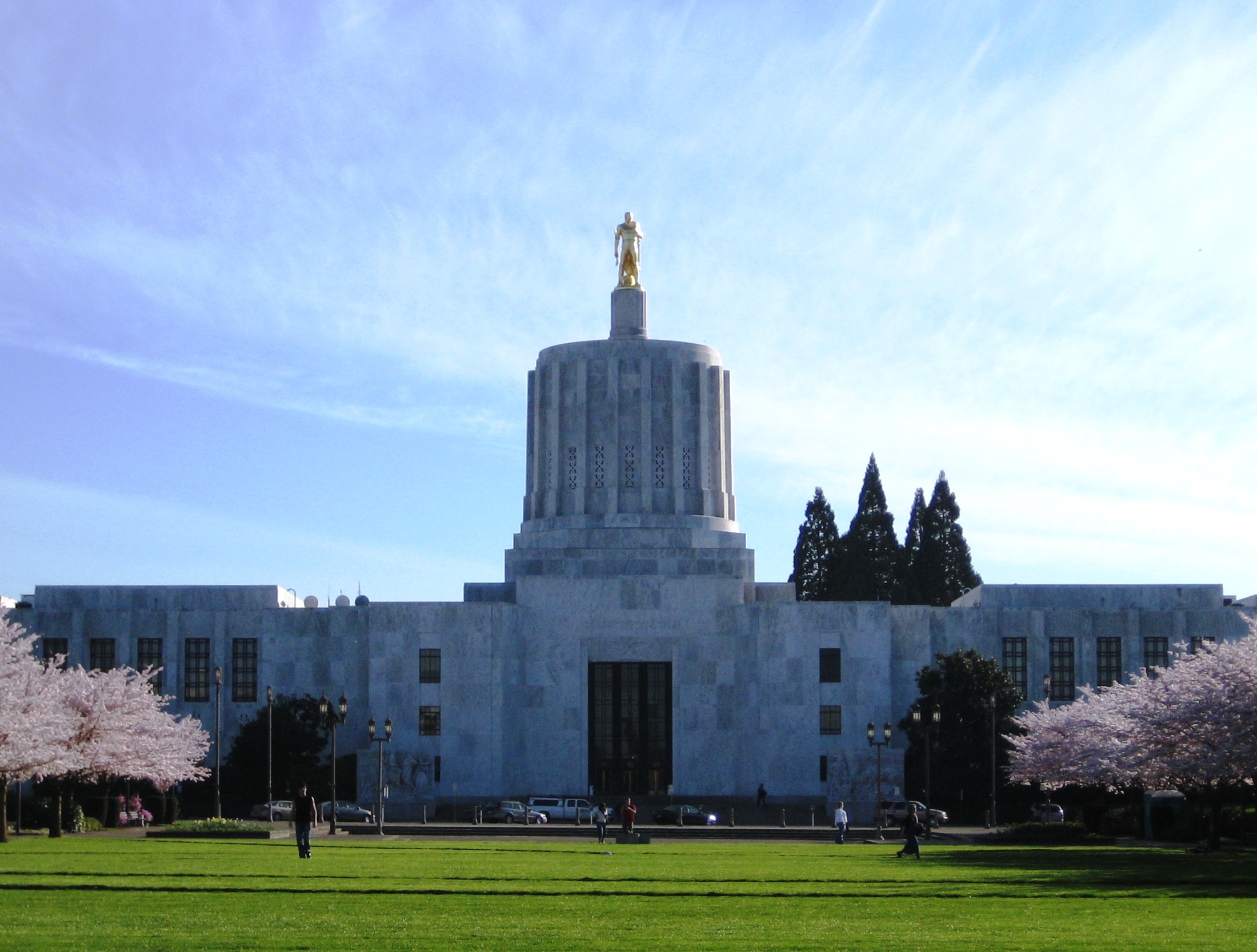Oregon Measure 119, which was approved by voters in November 2024, was overturned by a federal judge on May 20, 2025. District Judge Michael H. Simon issued an opinion holding that the ballot measure violates the U.S. Constitution and the National Labor Relations Act (NLRA) by limiting employers’ right to free speech.
Measure 119, which took effect on Dec. 5, 2024, required employers in the cannabis industry to file a labor peace agreement with the Oregon Liquor and Cannabis Commission alongside their license application or renewal. A labor peace agreement was defined as an arrangement where an applicant or licensee agreed to remain neutral with respect to labor representatives communicating with employees about their rights. If an applicant or licensee failed to submit a labor peace agreement, their license could be denied, and if they failed to comply with the agreement, their license could be revoked.
Plaintiffs in the lawsuit were two Oregon-based companies in the cannabis industry: Bubble’s Hash and Ascend Dispensary. Their attorneys claimed that Measure 119 violates the First Amendment of the U.S. Constitution by restricting employers from expressing their thoughts and opinions on unionization. On this point, Judge Simon agreed with the attorneys. In his 23-page opinion, he stated that the measure violates employers’ First Amendment right by restricting “all speech by employers that is not ‘neutral’ toward unionization.”
Similarly, the plaintiffs argued that Measure 119 violates the NLRA, which protects the expression of views, whether written or spoken, from being used as evidence of unfair labor practices. They argued that under the NLRA, as long as the employer expresses their views without threatening employees with retaliation or reprisal, their speech is protected. Judge Simon also agreed with this argument. He said that Measure 119 violates the NLRA because it does not differentiate between employer language that is “threatening, coercive, false, or misleading,” and that which is not.
In the 2024 election, Measure 119 received 56.7% of the vote, achieving the simple majority required to pass the initiative as law. The measure was sponsored by the political action committee (PAC) Oregon Workers. Three additional PACs also supported the ballot measure. In total, they combined to raise more than $4.2 million in contributions to support the measure. Advance Liberty was the sole PAC that registered in opposition to the ballot measure. It reported raising $12,735 in contributions to oppose the measure.
Oregon Workers, also known as Vote Yes on 119, published an argument in defense of the measure, saying that the cannabis industry is particularly in need of union protections due to the safety concerns involved:
“Since legalization, the Oregon Cannabis industry has been plagued with toxic chemicals, unchecked pests, and fire hazards. Many workers have already died due to easily preventable accidents. Although there are workplace safety regulations in place, the State often lacks the resources necessary to quickly enforce reported violations. Workers who try to speak out about safety or product concerns are met with intimidation because they lack the protections other workers have. When Measure 119 is passed, workers will be able to collectively bargain for workplace conditions. They will be able to enforce safety and product standards through their union contract.”
The Taxpayers Association of Oregon released a statement declaring their opposition to Measure 119, saying that it would greatly increase labor costs and harm the fragile cannabis industry:
“Oregonians were promised that if they legalized marijuana, it would make it legal, safe, and would eliminate the criminal black market. Instead, the black market is bigger than ever, driving legal shops out of business. ... Oregon’s legal shops pay high taxes, have extreme red tape, and cannot compete against untaxed and unregulated illegal pot farms that uses human-trafficked, slave-like labor. If passed, Measure 119 would likely cause labor costs to spike and hurting a fragile industry already in decline, giving more power to illegal street drug dealers. Shop owners and staff should work out their concerns without using the government to choose a favorite side.”
Judge Simon entered a permanent injunction that bars the enforcement of Measure 119. As of May 22, Oregon Department of Justice officials have not said if they plan to appeal the court decision to reinstate Measure 119.
The plaintiffs’ lawyers issued a statement after the ruling, saying, “This case is poised to have far-reaching impacts, as many states are considering imposing similar requirements not only on cannabis licensees, but also in other sectors. This decision helps maintain the proper balance of power between labor and management.”
A spokesperson for UFCW 555 also responded to the ruling, saying, "We now have conflicting federal rulings, with a judge in Oregon putting Measure 119 on hold while a California judge has upheld a similar law. One of these rulings is destined to be overturned on appeal. Our strong suspicion is that Judge Simon’s opinion, which flaunts Supreme Court precedent, will be the one reversed."



